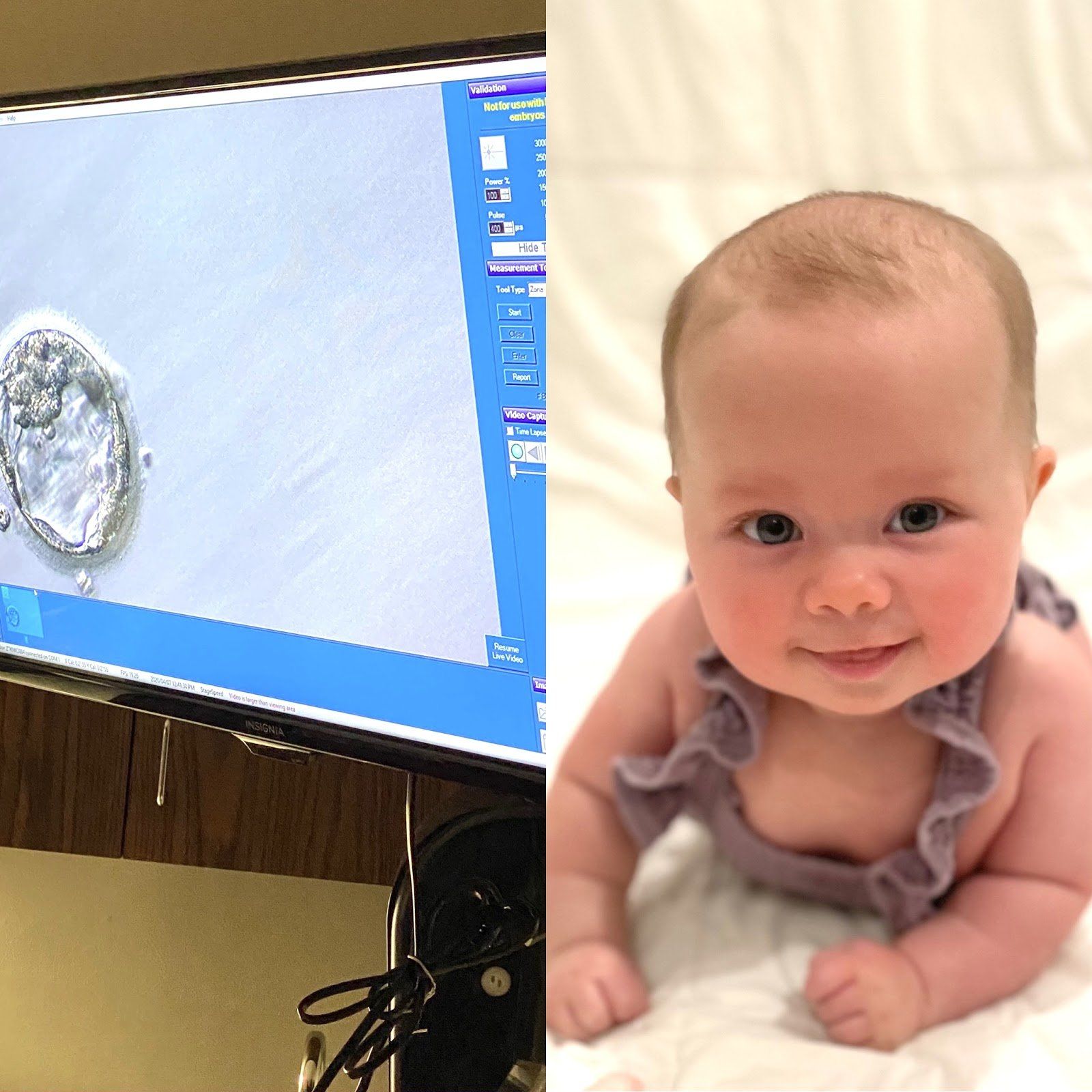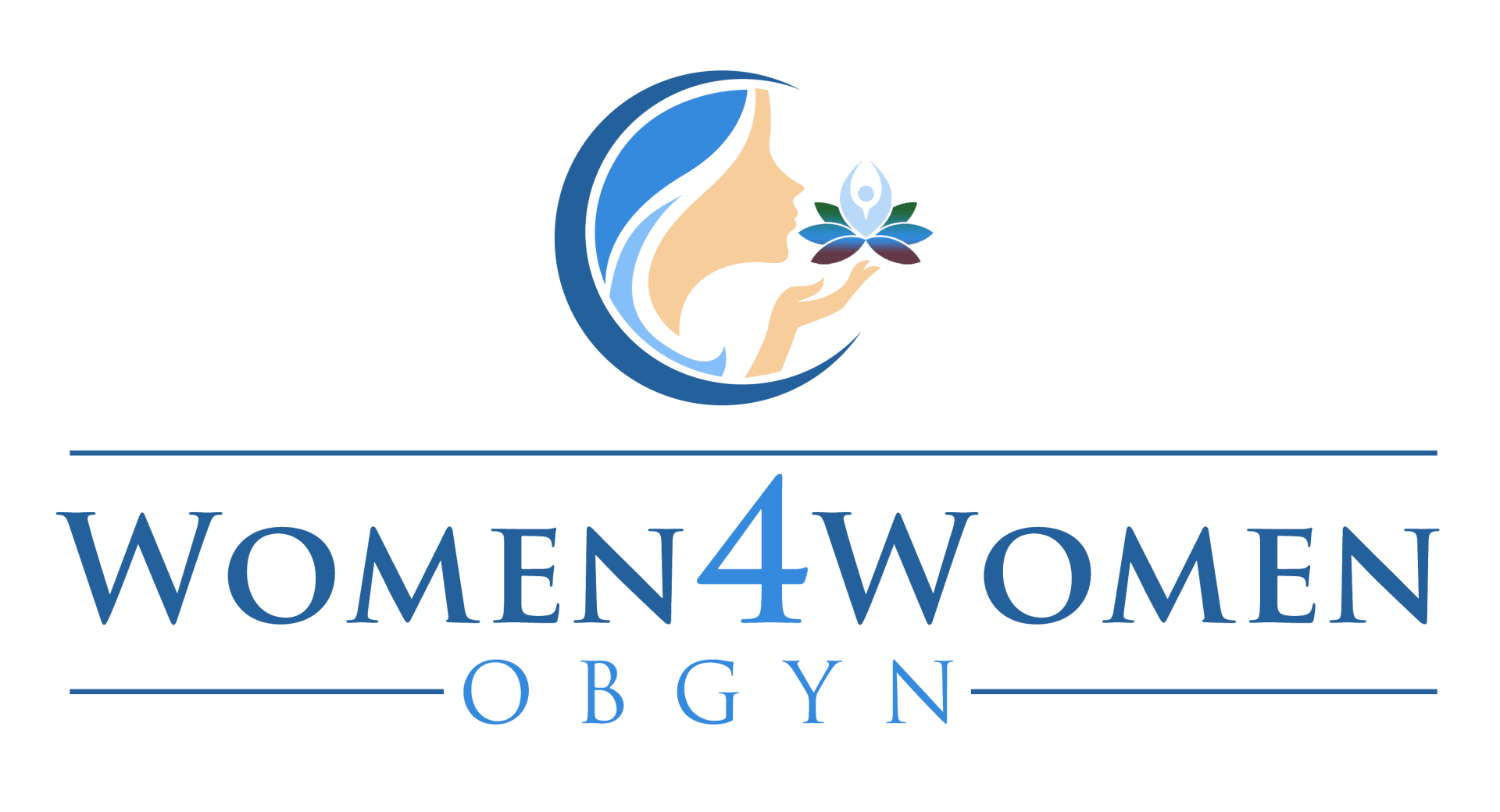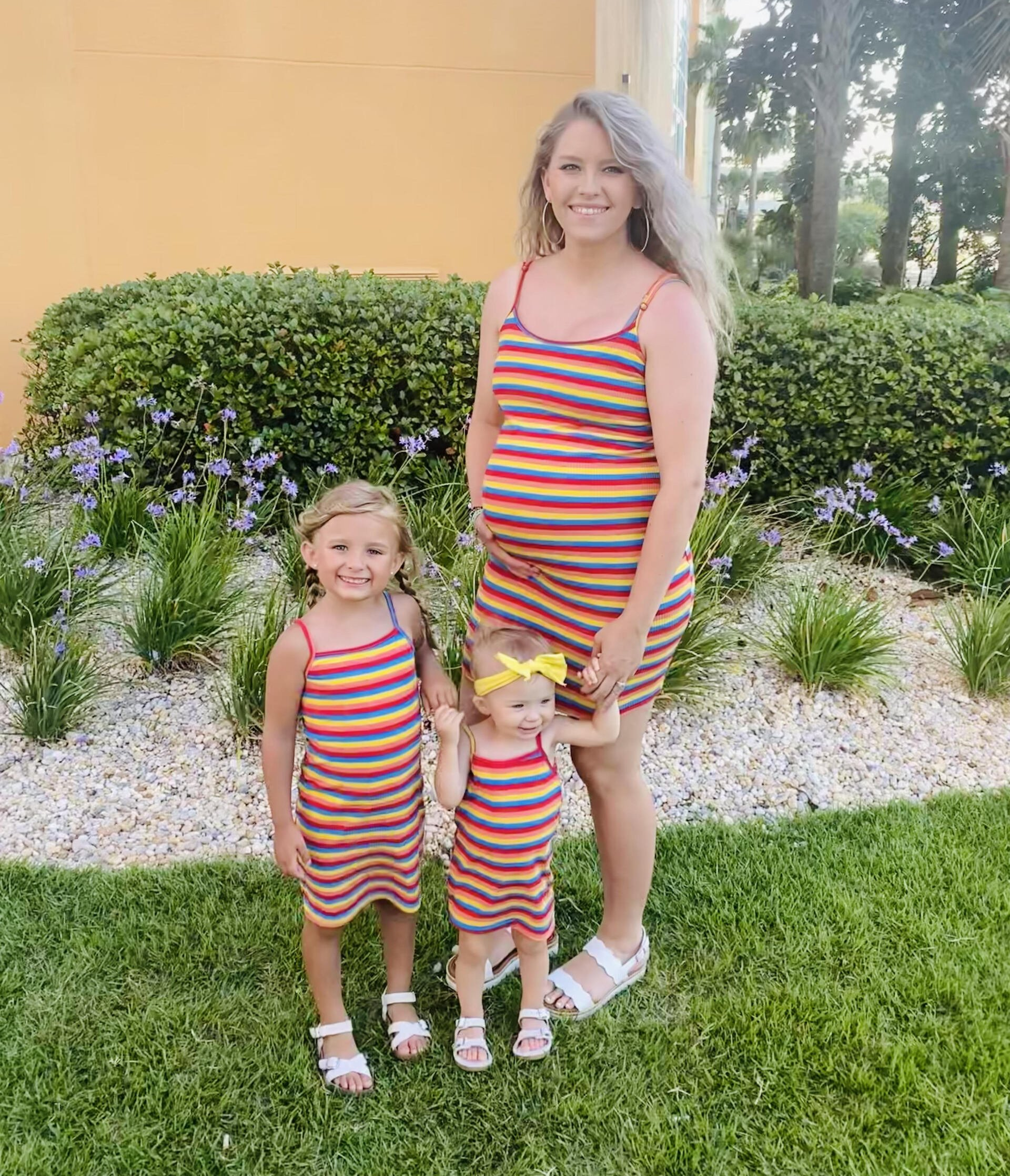Women Are Worth It
Elizabeth Irby CRNP
August 26 commemorates Women’s Equality Day, a proud day for all American women This year marks 100 years since the passage of the 19th Amendment to the U.S. Constitution, which granted all women the right to vote. Women earned the right to vote through the decades-long struggle of heroes such as Elizabeth Cady Stanton, Susan B. Anthony, Jane Addams, Ida B. Wells, Lucy Burns, and Mary McLeod Bethune who boldly persisted against those who wished to preserve the status quo. (Fun Fact: In 1895, Suffragist Susan B. Anthony came to speak at City Hall in Huntsville!). Women’s Equality Day gives us time to reflect on the work women have done across generations removing barriers, overcoming obstacles, and pursuing new ideas.
One of the greatest obstacles women continue to face is limited access to gender-specific health care. Even now, many women report that their health concerns have been discounted in medical settings, often leaving them feeling brushed off or not taken seriously. Today, one in ten women in the US is uninsured and this number is even greater among minorities and women with lower socioeconomic status. Moreover, among the 10 highest income countries worldwide, American women suffer the most chronic illnesses and lead in rates of maternal mortality. Thousands of US women often skip necessary healthcare appointments due to the relatively higher costs of medical care in the US compared to other economically advanced countries.
Due to the unequal distribution of healthcare especially in rural areas, sixteen percent of women in Alabama state they have no healthcare provider. In addition, women in our state tend to have higher incidences of diabetes, arthritis, asthma, COPD, and kidney disease compared to men. Alabama women also have a higher likelihood of poor mental health at 27% compared at 16% for men.
As we women continue to outlive our male counterparts, we will need to have better access to health providers as well as more gender specific approaches to healthcare. As we celebrate Women’s Equality Day let’s not forget that we are still not “there” yet. Let’s advocate for ourselves and each other in every way. I wonder what our sisters who helped pave the way 100 years ago would think about where we’re at today? I know they would be proud. They understood, like we do, that EVERY woman is worthy of healthcare that focuses on her unique needs as a female. It was true then what is true now; EVERY woman is worth it.
Until next time,
Elizabeth Irby CRNP

It is " Infertility Awareness Week ." Does it surprise you to know that 1 in 8 couples are inflicted by some sort of infertility? You will notice throughout my story, I may use words different than what you are used to hearing. I will not say 1 in 8 "struggle", because that implies that if we fought just a little harder, struggled against it a little longer, we could change the outcome- which is obviously not the case. Infertility is not a "struggle," it is not a "fight," it is a medical problem that unfortunately afflicts many of us. Well-meaning friends and family may say "it will happen when you least expect it," or, "as soon as you stop trying you'll get pregnant." Well, quite honestly that is not true. Infertility is not something that can be changed by willpower, it is a medical condition that needs to be treated. Sometimes the cause of infertility can be pinpointed- I, for example, have one fallopian tube that is closed. But often there is no definitive reason. The conception of a child requires the combination of so many things to be perfectly in sync- it is no wonder so many couples cannot conceive! Hormones, endometrial health, ovarian health, egg count and age, and semen- all of this has to be functioning properly at the same time to allow a couple to become pregnant when they want. I will tell you our story. Thankfully, it has a happy ending. I met my husband, David, when I was 25 and got married at 27. At the time I was an anesthesiology resident at Georgetown University. We did not try for children right away. Working 80 hours a week and having a newborn did not feel feasible or enjoyable to me. And what little time off we did have we enjoyed going out and experiencing DC or traveling as much as we could afford. Fast forward a few years, I am now 30 and we have decided we want to start our family. Being a physician I knew it could take some time. I was not stressed the first month, or two, but after 6, 7, 8 months… I was both frustrated and concerned. Time seems to slip by when you are counting it in 4 week "cycles" tracking your period and peeing on a stick most mornings. Any couple who has actively tried to get pregnant knows the roller coaster: each month waiting to get the signal you're fertile, trying to conceive, hoping it worked, and then: either it does or it doesn't. And if it doesn't you are deflated but you know that next month- that could be it, that could be the month that it finally works! So you start all over again. Up and down, up and down. Please know, you are not alone on this roller coaster. Hopefully you have a supportive partner with you on the ride. But also, there are millions of women out there doing the same thing. If you are open about your experience you will likely find other women close to you that are on the ride with you. I will spare you all the details but we saw Elizabeth Irby, Women4Women CRNP, and did all the testing for myself and my husband. I do have a closed tube, but you should be able to get pregnant with just one tube so it is still partially unexplained. We tried fertility medication for a few months before deciding to move on to an infertility clinic. After conversation with our fertility specialist, Dr. Long, we opted to go forward with IVF using the invocelle. The invocelle is an awesome little device that allows you to incubate your embryos. After the eggs are fertilized, they are placed in a culture medium in the device and then inserted in the vagina where you incubate them for 5 days. Our first round we were so hopeful, we fertilized 3 good looking eggs. We went back after 5 days, and none of them had developed into usable embryos. I was not prepared for the level of heartbreak I felt at that moment. It was just a bunch of cells, right? But all of a sudden those 3 potential babies were gone in an instant from a glimpse at a microscope. And that was hard. My friends and family stepped up in a big way. I got flowers and well wishes and it bolstered us to try again. The second round of IVF worked. There is still a spot on my butt that is tender from all the progesterone injections, but I wouldn’t trade that for the world. Because our daughter, Rose, is now 4 months old and the most awesome part of our lives. She has a big gummy grin and chuckles like an old man and will completely melt your heart. Thankfully, I have had family and friends who were invested in this process with us. David and I made a conscious decision from the start to be open with those around us about what we were going through. You will be surprised when you start telling people what you are dealing with how many have their own story to contribute. We have made friendships built on the shared experience of infertility. I am glad we chose not to go through it alone. If you have not felt comfortable sharing with your friends and family, ask yourself why? Women have trouble recognizing that this is a disease inflicted upon them, not a failure. I have had the thought "if only I hadn't put off trying to get pregnant until after residency maybe we wouldn't have had to do IVF." But, maybe we would have? I will never know and guess what- it doesn't matter. There is no use thinking the "what ifs," or blaming yourself. I have never once blamed myself for having asthma, and I refuse to blame myself for having infertility. It is not your fault, it is not your body's fault. And that is why I believe Infertility Awareness Week is so important. I hope these stories empower women to be more open with their friends and families. You will be surprised- they want to be there for you, let them.


